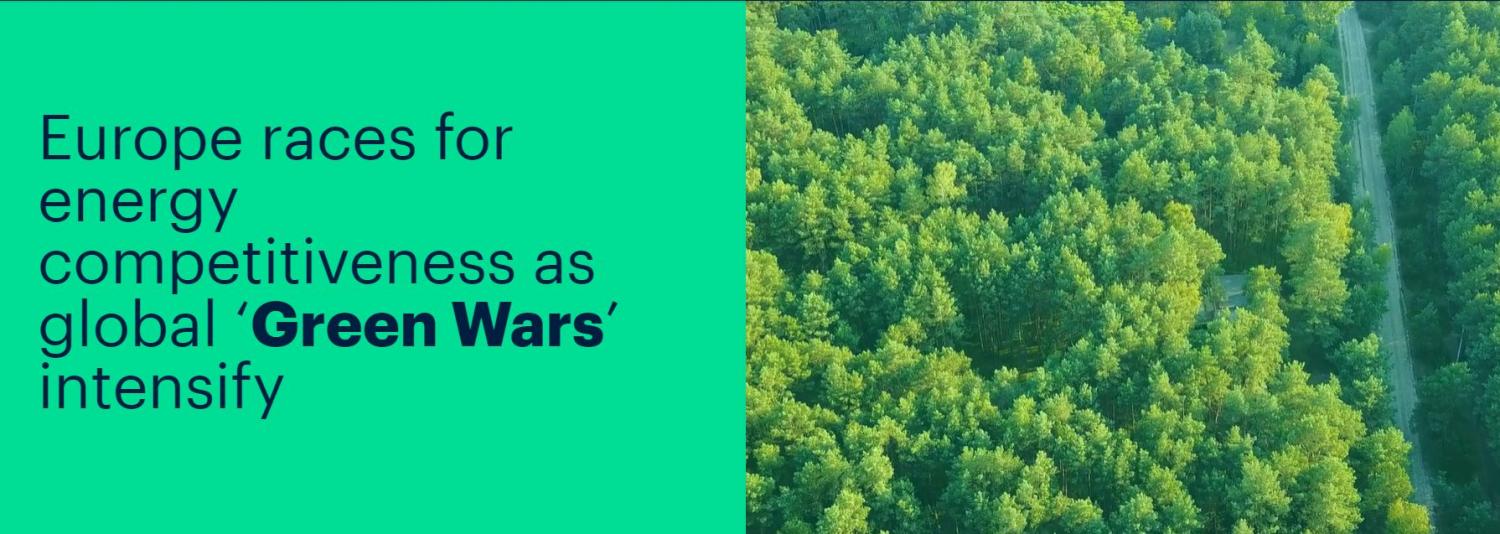
As the world becomes more environmentally conscious, countries are engaging in global green wars to gain a competitive advantage in the race towards energy sustainability. Europe, a continent that is leading the charge towards renewable energy, is determined to maintain its position as a key player in the industry. Europe has set a target to achieve carbon neutrality by 2050, which will require significant investment in renewable energy. The European Union has already pledged to spend 30% of its budget on climate initiatives, and many European countries have committed to phasing out fossil fuels in the coming years.
To maintain its competitive edge in the global energy market, Europe is investing heavily in new technologies, including hydrogen and carbon capture and storage. These technologies have the potential to transform the energy industry, making it possible to produce energy with lower carbon emissions. One area where Europe is particularly competitive is in offshore wind energy. Countries such as Denmark, the Netherlands, and Germany are leaders in this field, with the potential to produce large amounts of renewable energy.
However, Europe faces significant challenges in maintaining its position as a leader in renewable energy. The continent is facing increasing competition from countries such as China and the United States, which are also investing heavily in renewable energy technologies. Moreover, Europe is facing political and economic challenges, such as Brexit and the COVID-19 pandemic, which could impact the region's ability to maintain its leadership position in the renewable energy industry.
In conclusion, Europe is racing to maintain its position as a leader in renewable energy as global green wars intensify. While the continent faces significant challenges, it is investing heavily in new technologies and initiatives to achieve carbon neutrality by 2050. With continued investment and innovation, Europe could remain a key player in the global energy market for years to come.
